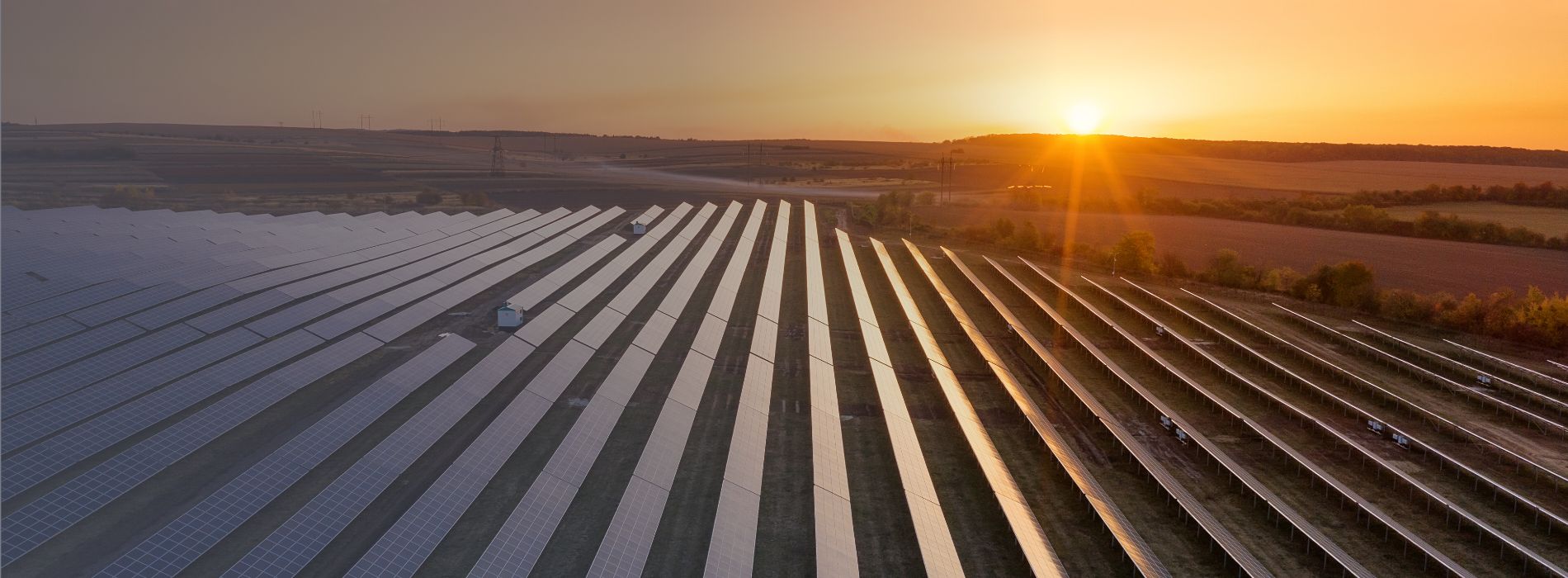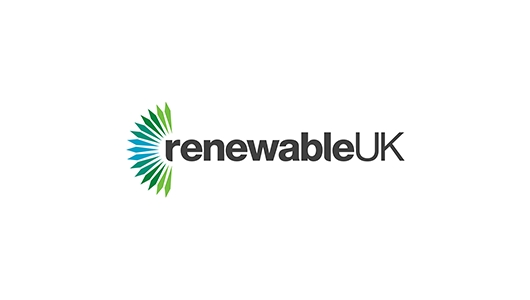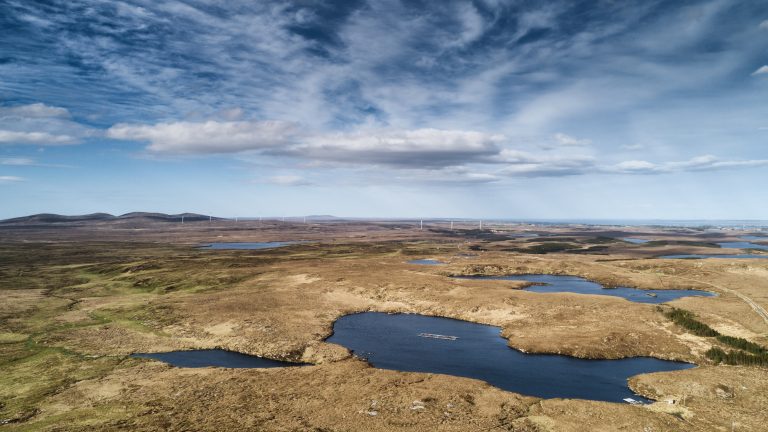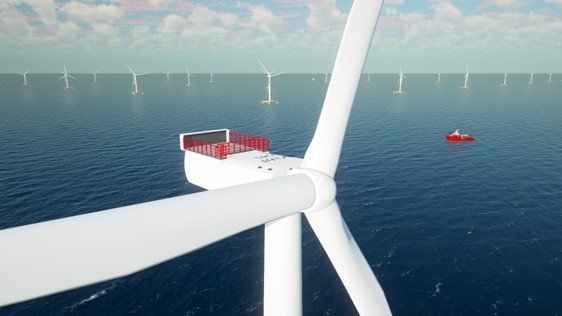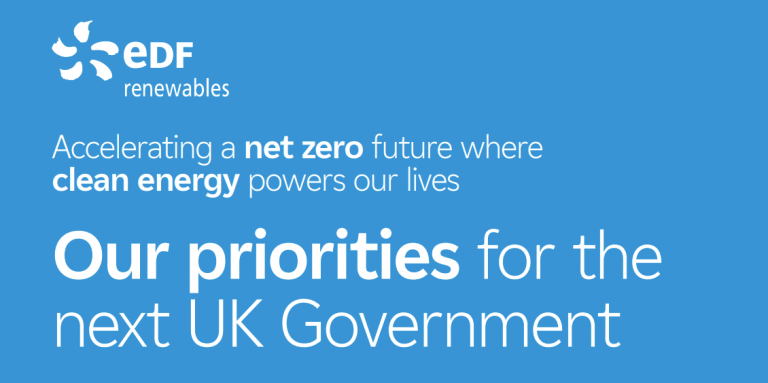EDF Renewables UK has recently launched a new research program that looks at the benefits large-scale solar farms can have on biodiversity, soil health and carbon, wildlife habitats and farmland management in the UK.
While more solar farms are needed to help address the UK’s rising cost of living and ongoing energy crisis, it’s important they support efforts to improve ecology as well as meet the country’s net-zero carbon goals.
EDF Renewables UK shares a commitment to protecting and enhancing the UK’s valued countryside, alongside many local government representatives, farmers, environmental advocates, and community members. While we take careful consideration of all potential environmental impacts before selecting solar sites, there is also an opportunity to do more to improve the land on which we build.
This research program is the first of its kind, and will equip EDF Renewables UK with actionable insights to help us improve the biodiversity across our solar sites.
We spoke with Ben Fawcett, Head of Solar at EDF Renewables UK about this research program, and how it will be used by each project team to support our environmental improvement efforts across our solar portfolio.
Firstly, tell us about the research program?
At the beginning of June, we announced that we were working with Nature Positive on a research program to understand the environmental benefits of solar farms.
The research program will focus on our Longfield Solar Farm, which is a new solar farm proposed by us and Padero Solar on approximately 380 hectares of arable farmland near Chelmsford in Essex.
This research program is the first of its kind, which is really exciting, and will look into the positive impacts large-scale solar farms can have on biodiversity, soil health and carbon, wildlife habitats and farmland management in the UK.
The programme will tie into the existing biodiversity improvement plans of the Longfield Solar Farm proposal, which are expected to deliver substantial enhancements through habitat restoration and management.
We will monitor the outcomes of our biodiversity initiatives, which will then provide us with a robust data set that can help inform and enhance the measures we implement across our entire solar portfolio.
What type of enhancement initiatives will you be testing as part of this program?
Solar farms can be in place for 30 to 40 years and require minimal human interference to maintain, so this gives us a lot of scope to implement a range of conservation initiatives over the life of the project.
We will be testing the biodiversity improvements of a range of measures, such as planting hedgerows, creating wildflower meadows, installing beehives… the list goes on.
What do you want to get out of this research program? Where do you see it providing the most benefit?
We understand that we need to balance the creation of new renewable energy generation, while also protecting our important green spaces and the countryside.
We are already very committed to implementing biodiversity initiatives where ever possible, and have already seen the benefits of this initiatives at our sites.
But what we don’t have is empirical data that quantifies the improvements we have made across our projects. If we had this data, we would have a better understanding of what initiatives work best, if planting at specific times of years impact soil improvements, and so on.
So this research program will measure the tried and tested biodiversity improvements we already make at our sites. This data will then be used by our project teams to make informed decisions to ensure we are maximising biodiversity at each of our solar farms.
When will the research program commence?
We announced the program last month.
We are working with Nature Positive and are also currently looking for academic partners to deliver the program with us. The expressions of interest process closes on the 29 July, and we are hoping to roll out the program by next year.
More information can be found here: Industry first as project calls for academic partners to deliver programme of ecological research at Longfield Solar Farm – EDF Renewables (edf-re.uk).

Head of Solar at EDF Renewables UK

